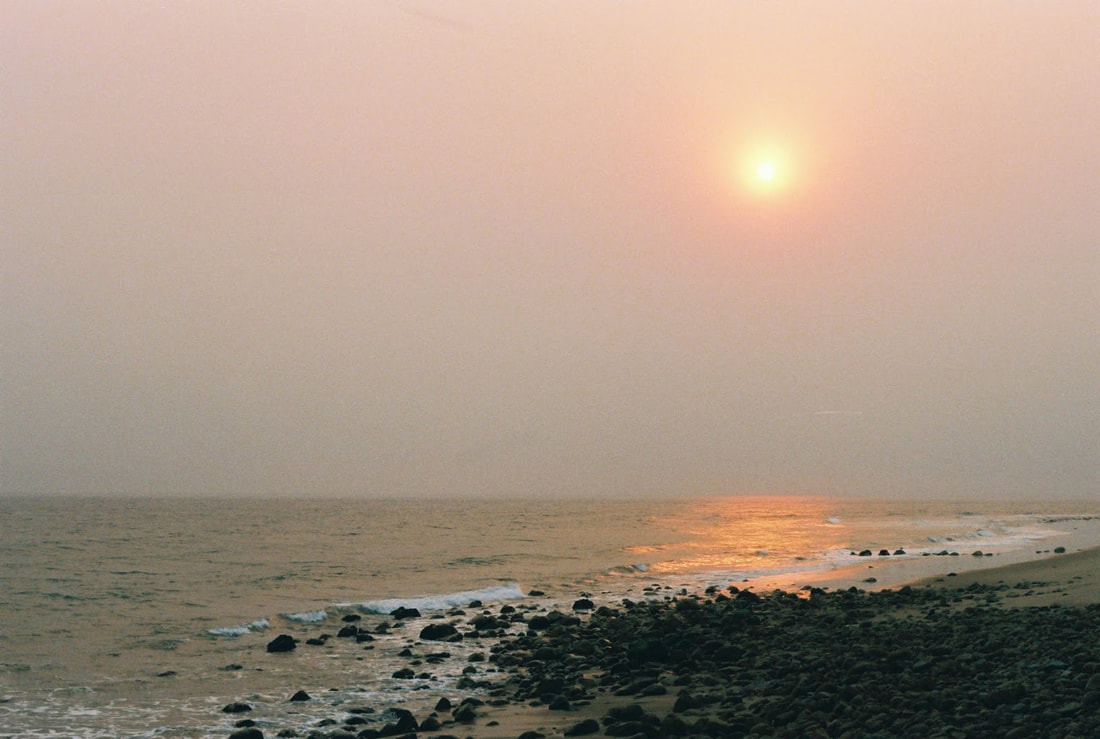|
This is the time to be slow, Lie low to the wall Until the bitter weather passes. Try, as best you can, not to let The wire brush of doubt Scrape from your heart All sense of yourself And your hesitant light. If you remain generous, Time will come good; And you will find your feet Again on fresh pastures of promise, Where the air will be kind And blushed with beginning. -John O'Donohue This poem, by the fantastically eloquent John O’Donohue, always soothes my mind during times of stress, but have recently found it especially applicable in the midst of the social distancing precautions taken to slow the rise of COVID-19. A humble reminder to be slow and generous because, although life can be traumatic, humans have the ability to heal. In my last four years of college I have become keenly aware of the ways in which life can be traumatic. Whether it is fires, floods, kidnappings, riots,or violent crimes I felt I was constantly trauma adjacent, causing my brain to go into empathy overload. While part of this knowledge can be attributed to the rise of media and globalized news, many of these tragedies I have witnessed in my own backyard. In just the past 3 years, there was the canyon fire, causing evacuations in my hometown only a month before I found myself evacuating from the Tomas fire, the following Montecito debris flow, or the mass shootings happening in the area of the world I call home. Now, we find ourselves in the middle of a global pandemic that is shifting the realities of everyday life – whether that looks like isolation, working to the point of exhaustion, being laid off, or going through significant life events (like graduating college) without the expected celebration. ...shifting the realities of everyday life – whether that looks like isolation, working to the point of exhaustion, being laid off, or going through significant life events (like graduating college) without the expected celebration. I must admit, this is actually the second internship I’ve had during the course of my Practicum class. For the first 3 months, I was working with the Santa Barbara Rescue Mission as a Homeless Guest Services Intern where I participated in the everyday activities that aimed to create a comfortable and safe environment for our guests. I thoroughly enjoyed getting to know the guests, their stories, and the quirks of the daily routine at SBRM. However, when COVID-19 protocols started to crack down, I made the difficult decision to step away from my position at SBRM, as I was not an essential staff member and didn’t want to continually put the guests nor myself in more risk than necessary. However, that doesn’t negate feelings of anxiety, loneliness, and yearning for what will not be. With only a month left, I felt uprooted not only from a professional opportunity I loved, but also being a college senior, from many aspects of social and academic closure. This is not to say I am not incredibly fortunate during this time. I feel grateful every morning I wake up during this lockdown for my health, still having a secure job at a local bakery, and the abundant resources I have to stay comfortable during this stressful time. However, that doesn’t negate feelings of anxiety, loneliness, and yearning for what will not be. I have observed how unexpected events bring grief, trauma, and unhealable wounds. But I have also witnessed unimaginable strength, courage, and love being cultivated in the aftermath – whole communities rising from the ashes.  Miramar Beach at the height of the Thomas Fire (December 2017) When I got the email from my professor urging me to finish out my time in practicum at ICTG, I was immediately excited by the opportunity to better understand how communities react to trauma and unexpected events. I have observed unexpected events bring grief, trauma, and unhealable wounds. But I have also witnessed unimaginable strength, courage, and love being cultivated in the aftermath – whole communities rising from the ashes. How is it there are such diverse and powerful reactions to the same trauma? This resilience, and the healing that can be formed through community, has simultaneously intrigued and puzzled me, the main reasons I was drawn to study psychology. In the midst of this unprecedented world health crisis, I hope to observe how this happens on both a global and local scale. While my time at ICTG will be brief, I will seek to find a deeper understanding of how we can respond to trauma as a unified community when we are physically separated – how we can, together, make time come good again. Ally Flanagan is in her fourth year at Westmont College, earning a B.A. in Psychology and loves learning about the ways people build relationships and interact with each other, as well as how best to support those who have experienced trauma. In her free time, Ally enjoys playing soccer and taking her dogs to the beach.
1 Comment
|
�
ICTG BLOGFrom 2012-2020, this blog space explored the changing landscape of long-term care. This website serves as a historical mark of work the Institute conducted prior to 2022. This website is no longer updated.
Archives
December 2020
Categories
All
|


 RSS Feed
RSS Feed
